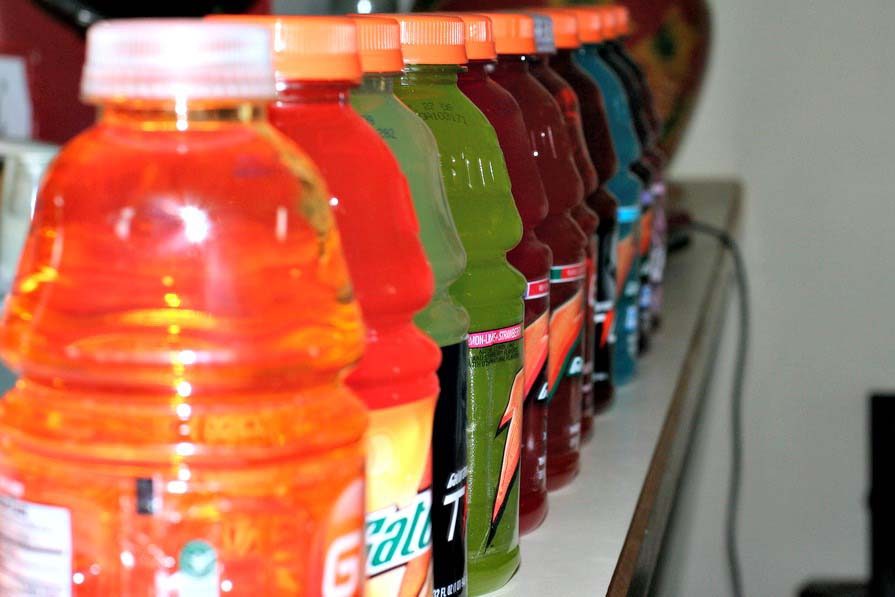
Qatar police have issued an alert notifying law enforcement around the world of a food-labeling scam uncovered by the country’s Consumer Protection Department.
The Interpol “Purple Notice” details the discovery of an illegal Chinese-made machine that was used to delete food expiration dates on products, allowing a new, false date to be applied.
Purple notices are used to seek or provide information about new criminal methods around the world.
According to the notice, an inspector visiting an unidentified shop in Doha last August found that the validity date on a bottle of Gatorade was printed in a different location than usual, with a different typeset.
His suspicion of fraud triggered an investigation into the supplier’s warehouse, where authorities found 170,000 bottles of expired Gatorade. A “sophisticated hot-stamp printer” was being used to re-print false expiry dates on the bottles.
Arrest
A 24-year-old Indian national has been arrested after admitting bringing the machine into the country and using it at the warehouse. He faces charges under Qatar’s consumer protection laws for commercial fraud and threats to food security.
Michael Ellis, head of Interpol’s Trafficking in Illicit Goods and Counterfeiting program, has praised Qatar’s inspectors for spotting the fraudulent activity:
“This investigation underlines the value of experienced officials on the ground, as without the vigilance of this inspector this crime may never have been uncovered,” he said in a statement.
Brig. Khalifa Al Nasser, Head of the Interpol National Central Bureau in Doha, added that consumer protection in Qatar is growing more important as the country’s population grows.
“Protecting consumer health and safety is a high priority for the Qatari authorities as part of our ongoing efforts to block illicit trade and counterfeiting, as Doha increasingly becomes a major hub for international trade.”
Food labeling laws

Qatar’s food labeling laws adhere to Gulf Standard 150, a set of regulations laid out for the whole GCC region.
Under this regulation, the Gatorade category – artificial drinks with natural or artificial flavors – has a nine-month shelf life, which is the same limit recommended by Gatorade’s manufacturers.
Photos shared by Interpol show that the bottles found on sale in Qatar had actually expired in January 2013 – eight months before they were discovered by Consumer Protection inspectors.
They had been given a new expiration date that lasted until April 2014.
Thoughts?







